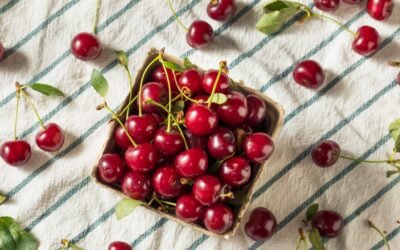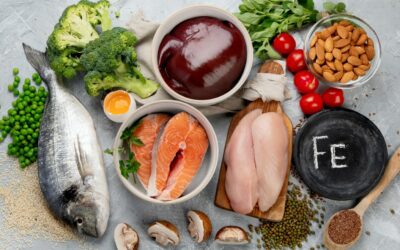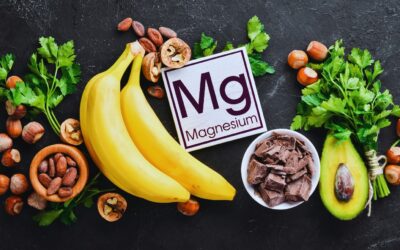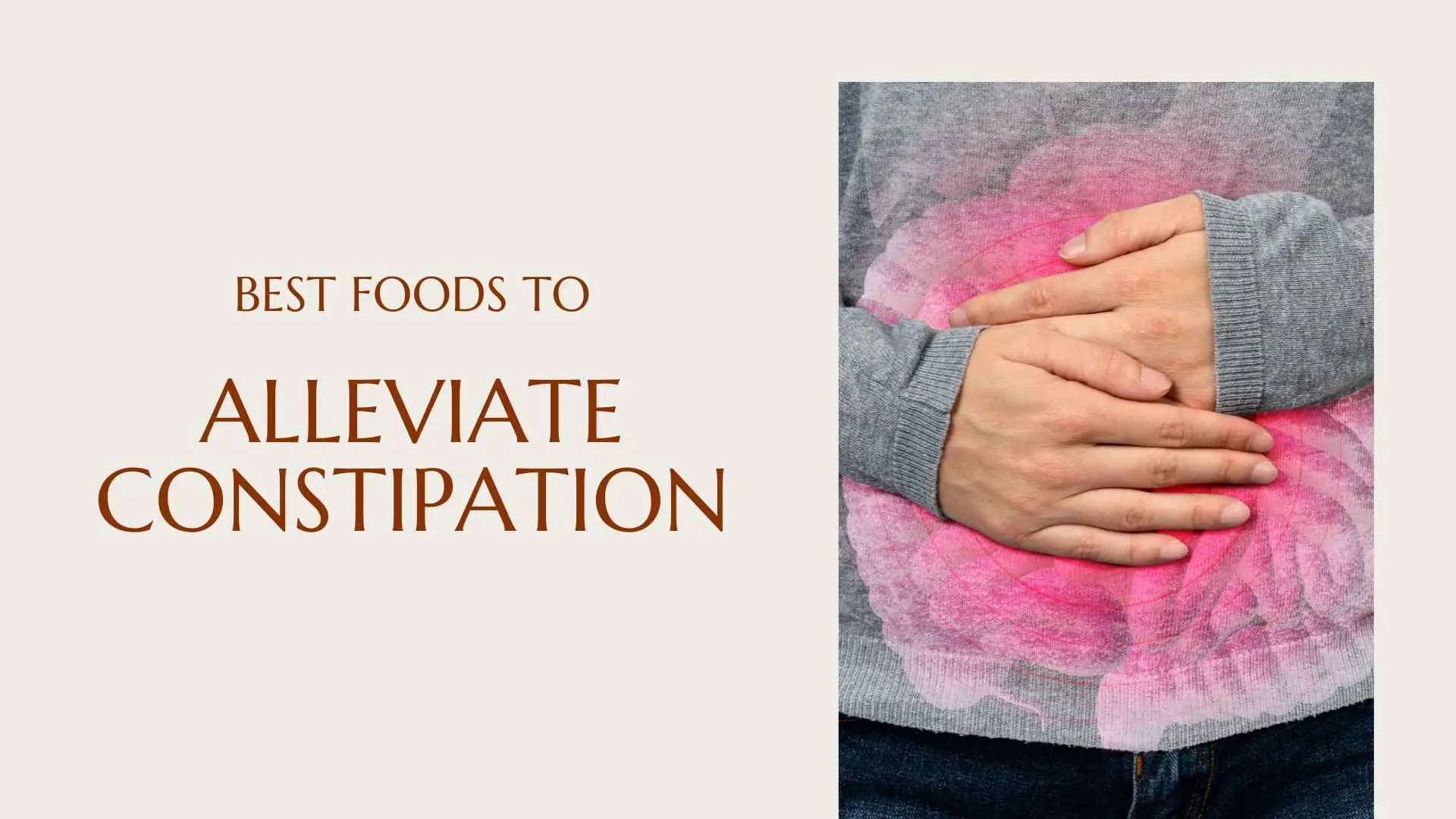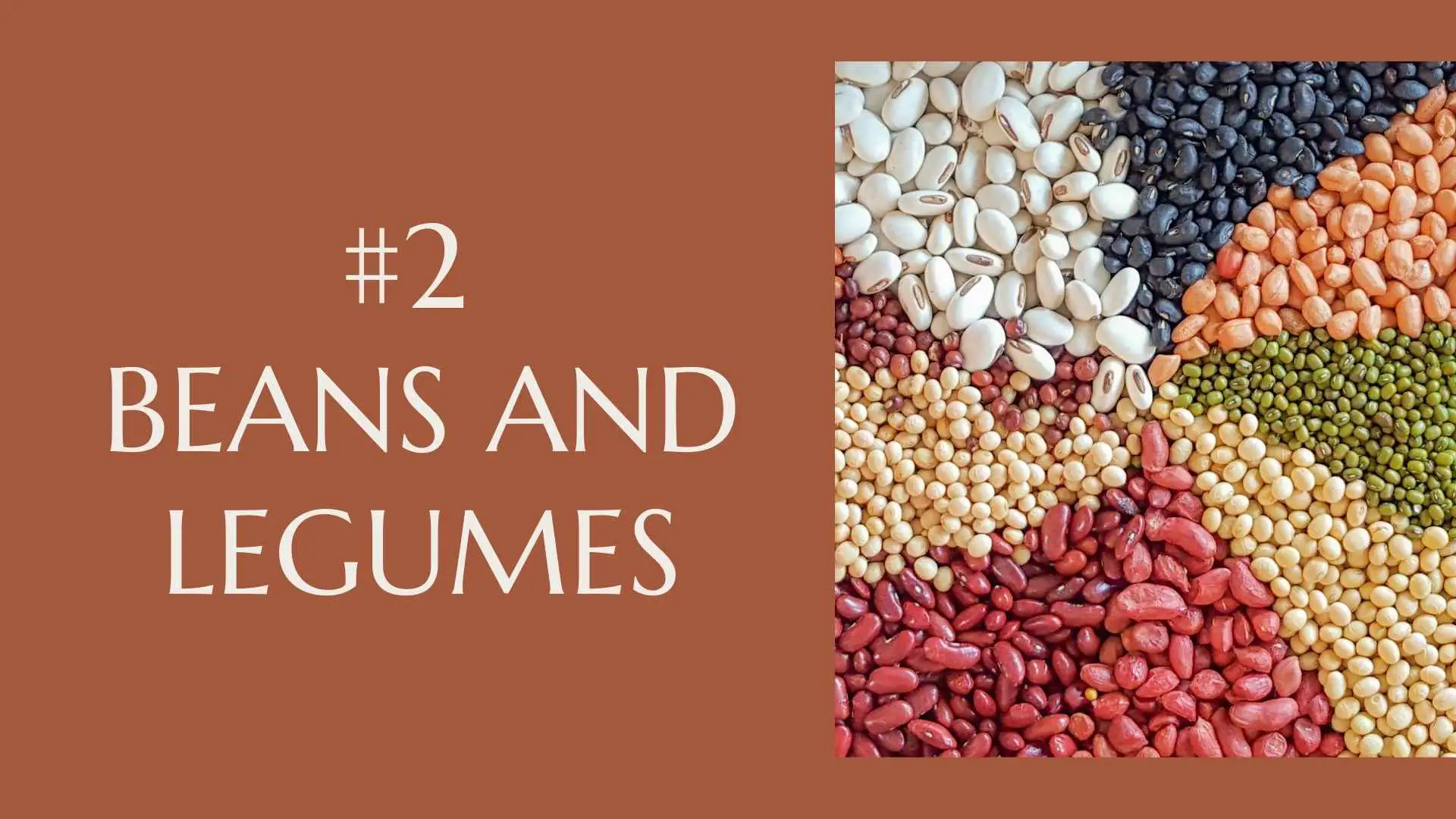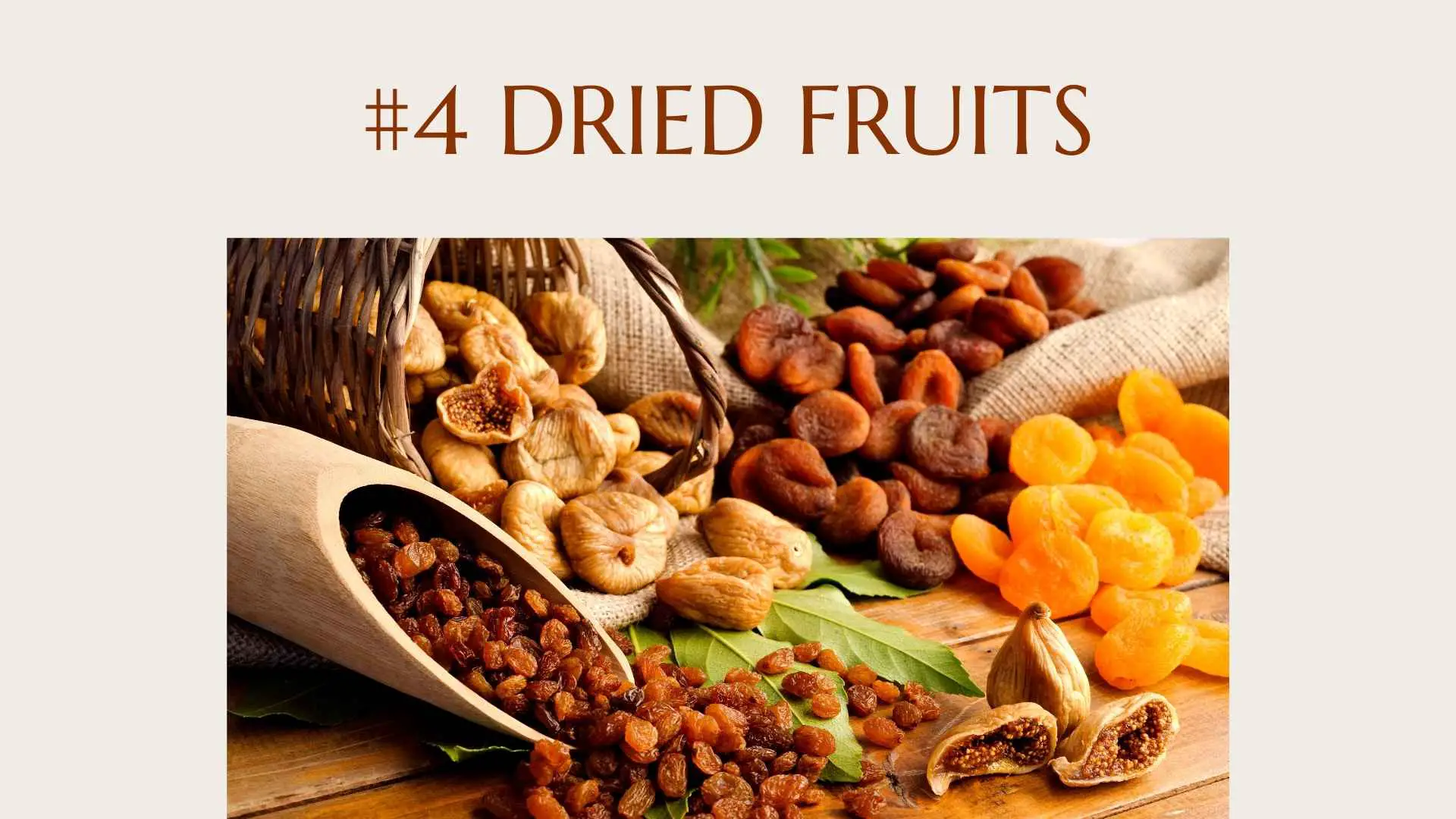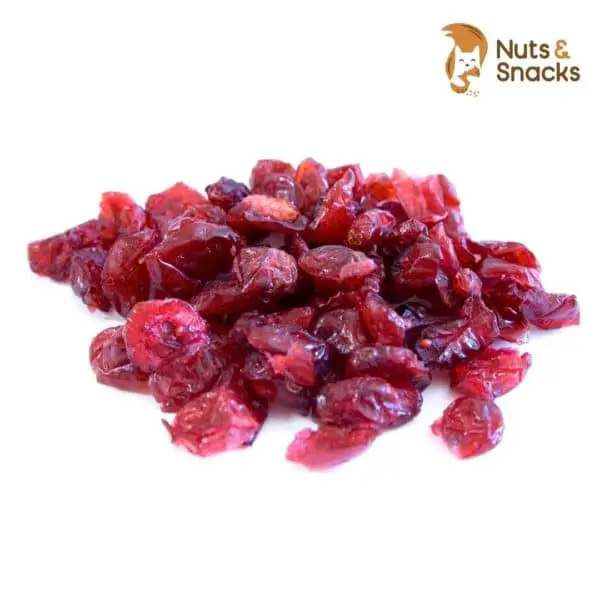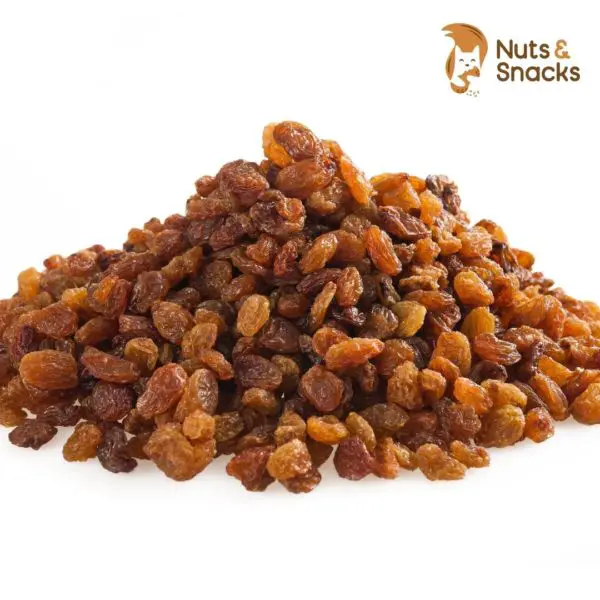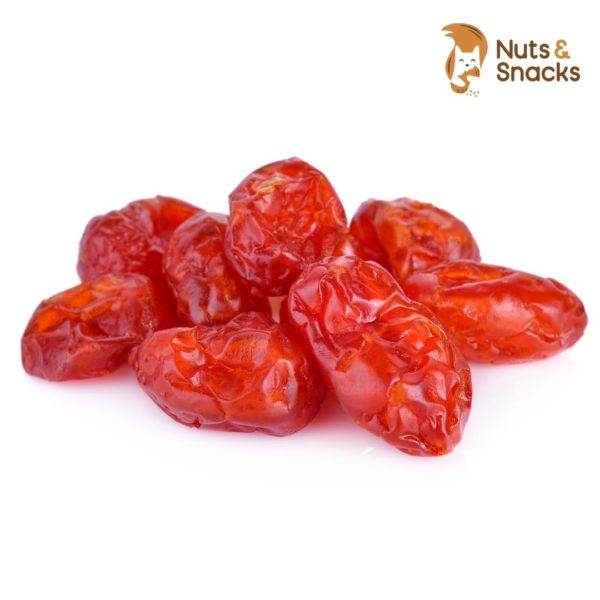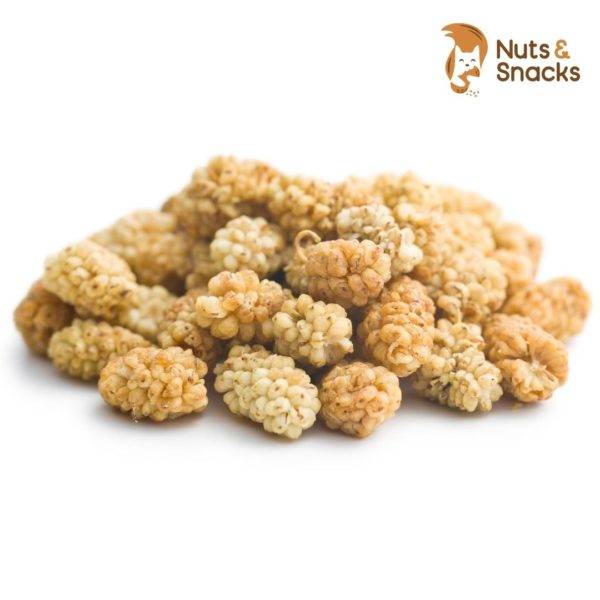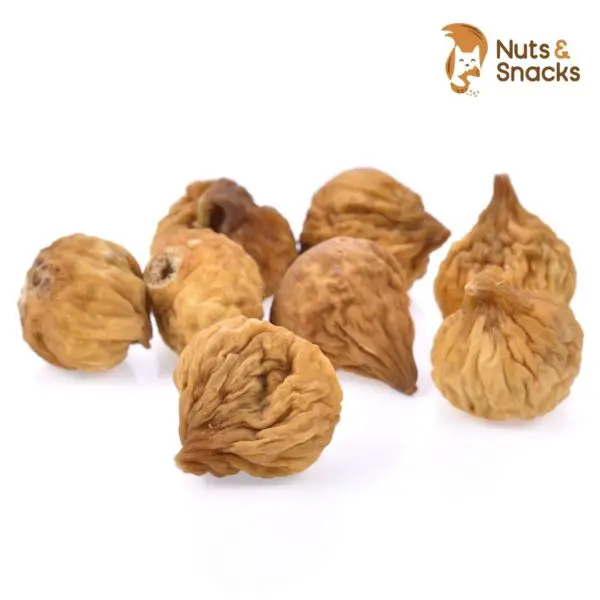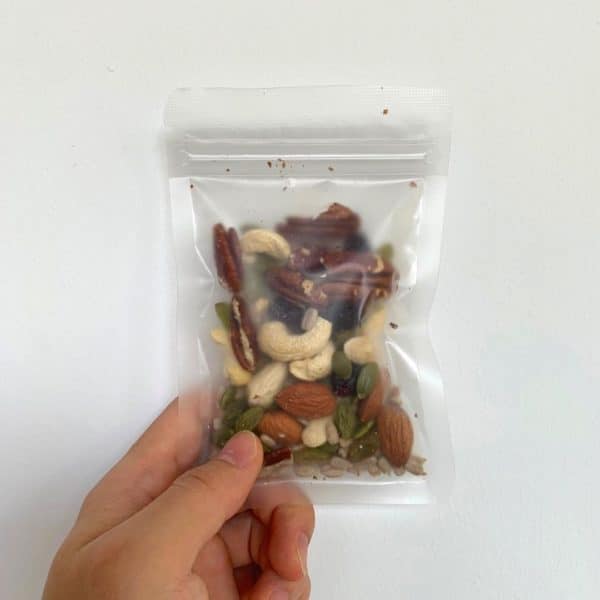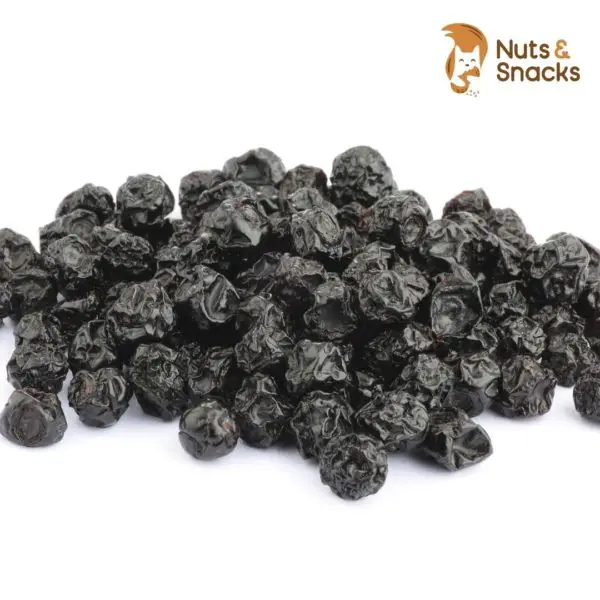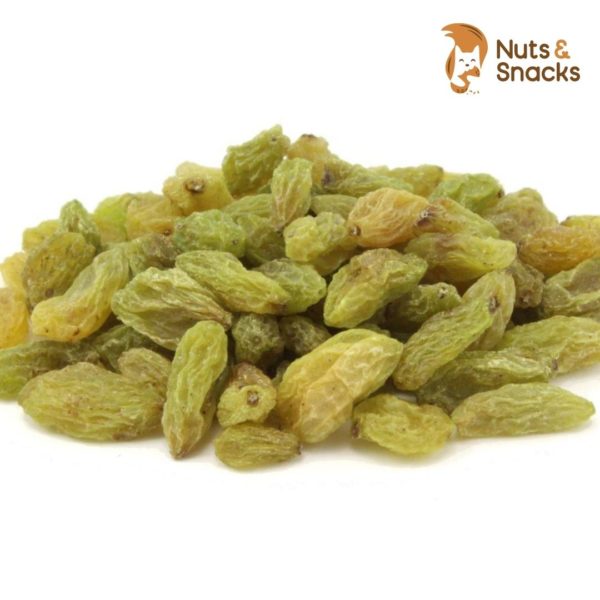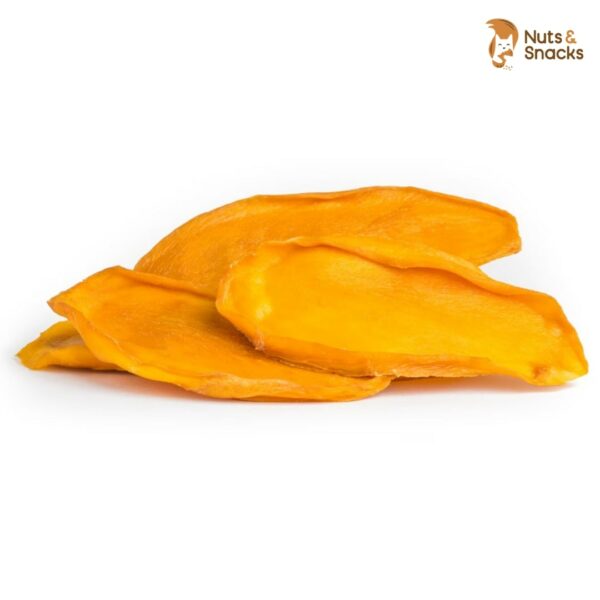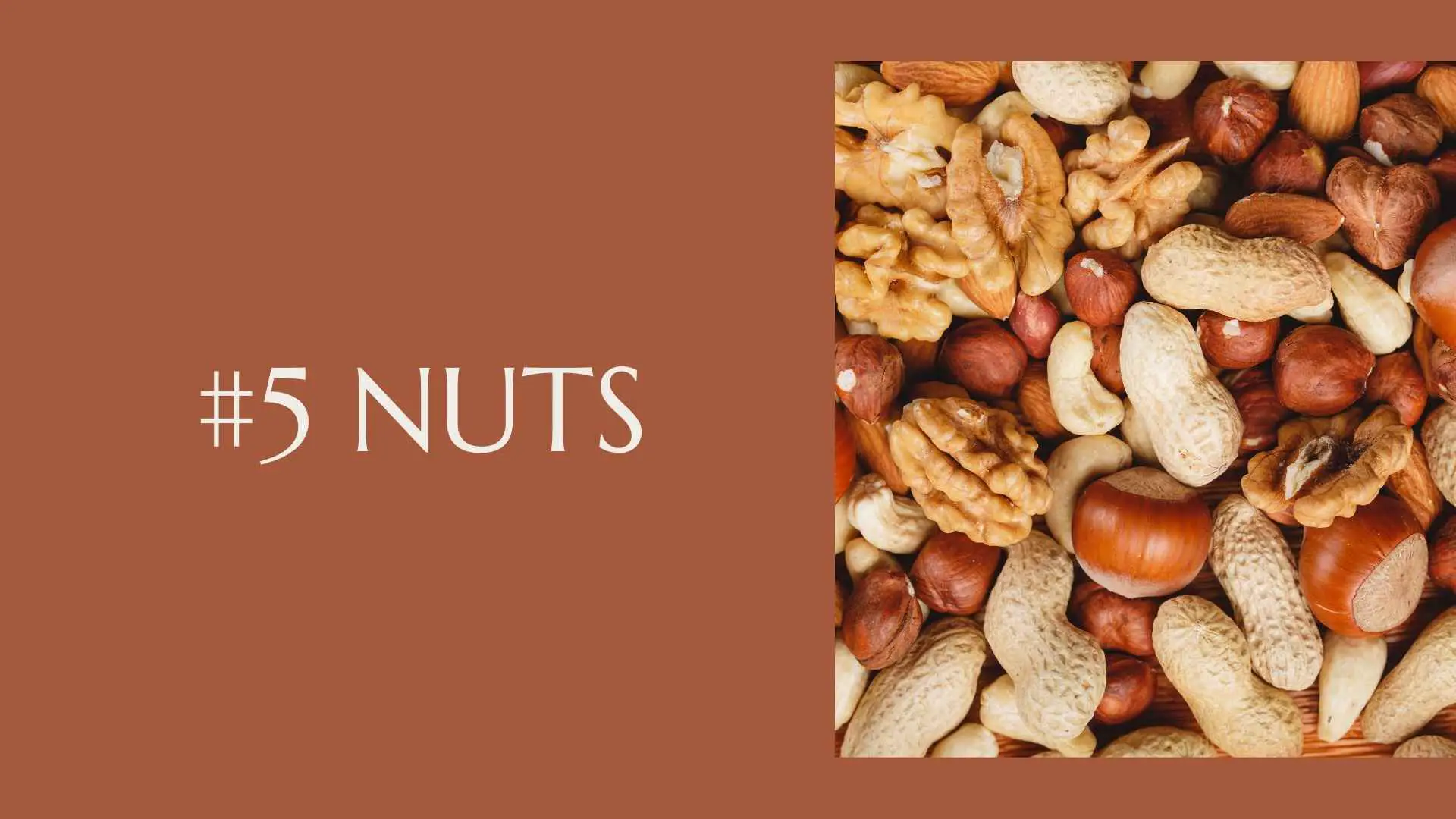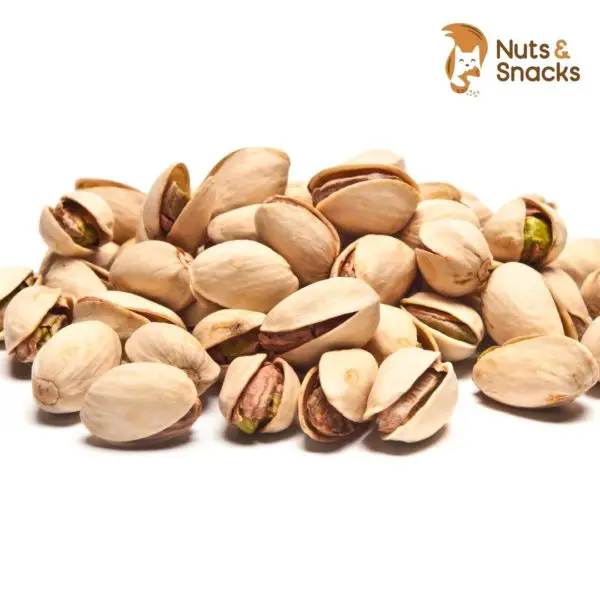What Is Constipation?
Constipation is a feeling of being unable to regularly or empty one’s bowels. Typically, constipation can also be accompanied by stomach discomfort and pain. Symptoms of constipation include feeling unable to empty your bowels completely, stools appearing dry/hard/lumpy, stomach upset or cramps, bloating, and loss of appetite.
There are a couple of causes for constipation, one of them being digestive system diseases. However, the most common cause of constipation is a diet lacking in fibre.
What Is Constipation?
Constipation is a feeling of being unable to regularly or empty one’s bowels. Typically, constipation can also be accompanied by stomach discomfort and pain. Symptoms of constipation include feeling unable to empty your bowels completely, stools appearing dry/hard/lumpy, stomach upset or cramps, bloating, and loss of appetite.
There are a couple of causes for constipation, one of them being digestive system diseases. However, the most common cause of constipation is a diet lacking in fibre.
Benefits Of Fibre In The System
Fibre is helpful for constipation because it serves to both add bulk and softness to the stool. Firstly, soluble fibre absorbs water and binds with fatty acids, forming a gel-like substance that keeps stools soft. Conversely, insoluble fibre does not dissolve in water, thus providing bulk and moisture to the stool.
However, don’t be too quick to consume too much fibre! Too much of a good thing can also be harmful. An overload of fibre can also cause discomfort, gas and bloating. Instead, slowly begin to incorporate more foods that are high in fibre and can help to increase discomfort.
#1 Water!
Staying hydrated is key to ensuring that food continues to move through the system! Without the sufficient water that the body needs, the stool is unable and move smoothly through the digestive tract. The next you head out the door, make sure you have a cup of water handy to keep yourself hydrated throughout the day.
#2 Beans And Legumes
It is no surprise that beans and legumes are wonderful foods for constipation and stomach discomfort. Dietary fibre increases the weight and size of your stool and softens it. A bulky stool is easier to pass, decreasing your chance of constipation. If you have loose, watery stools, fibre may help to solidify the stool because it absorbs water and adds bulk to the stool. To ease the discomfort, having more beans and legumes in a day may be the way to go. Examples of beans include black beans, kidney beans and green beans. For example, just a cup of black beans has a whopping 15 grams of fibre, more than half of the 25 grams that women need daily.
#3 Leafy Greens
Similar to beans and legumes, leafy greens contain fibre, as well as the vitamins needed for smoother bowel movement. Spinach, Swiss chard, and kale are packed with nutrients that have poop powers including fibre (1 cup of Swiss chard has 4 grams of fibre), magnesium to help the colon contract, and potassium, which helps regulate fluid balance and muscle contractions. These greens can also be prepared in a variety of ways to keep things interesting. Be it sauteed, steamed or even fried, these leafy greens are guaranteed to be a boost for your gut.
#4 Dried Fruits
Indeed, many different dried fruits contain a wealth of fibre. As compared to fresh fruit, the dried versions contain more fibre! Some of the dried fruits that can help prevent constipation include prunes, figs and apricots. What’s more is that each dried fruit also carries numerous health benefits. Purchase some of our dried fruits and use them in some of our favourite recipes down below!
#5 Nuts
Walnuts and almonds are the best nuts you can consume for constipated bowels. Almonds are loaded with heart-healthy fats, protein, and fibre, but it’s the high magnesium content that is the best for the gut. Magnesium helps to neutralize stomach acid and moves stool through the intestines. just a small handful (1 ounce) contains 25 per cent (or 3.5 grams) of your daily dose of fibre! Similarly, an ounce of walnuts also contains quite a large amount of fibre at 1.9 grams per ounce.
#6 Whole Grain Goods
If you want to keep constipation at bay, the bread, rice and cereals you eat should be made from 100 per cent whole grains. Whole-grain loaves of bread are low in fat and high in dietary fibre and complex carbohydrates. Be sure to check the label to ensure the foods you are consuming does have the fibre it claims to have!
Say Your Goodbyes To Stomach Discomfort
Your stomach will thank you if you consume more of these wonderful foods in this article. Go ahead and grab some today!


